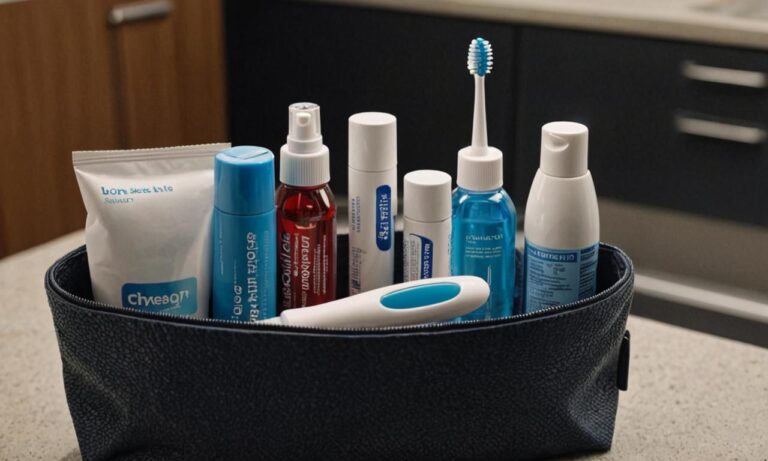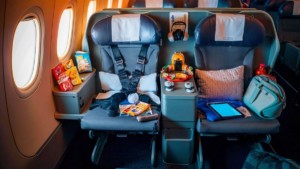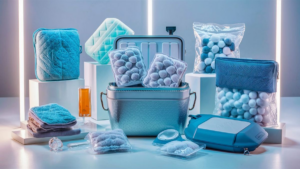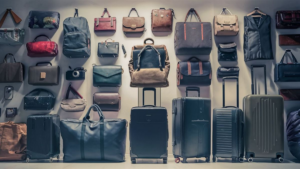When planning for air travel, it’s crucial to consider what items are allowed in your carry-on luggage to ensure a smooth and hassle-free journey. One common query that arises is whether electric toothbrushes are permitted onboard airplanes.
Understanding Transportation Security Administration (TSA) Guidelines
The Transportation Security Administration (TSA) oversees security regulations for air travel within the United States. According to TSA guidelines, electric toothbrushes are generally allowed in carry-on bags. However, it’s essential to follow specific guidelines to avoid any inconvenience during the security screening process.
Carry-On Restrictions
While electric toothbrushes are permissible in carry-on luggage, it’s crucial to remember the TSA’s 3-1-1 liquids rule. This rule stipulates that liquids, gels, and aerosols must be in containers of 3.4 ounces (100 milliliters) or less and placed in a single, quart-sized, clear, plastic, zip-top bag. Electric toothbrushes containing a battery or rechargeable battery pack should be packed securely to prevent unintentional activation during transit.
Security Screening
During the security screening process, passengers are required to remove electronic devices larger than a cell phone from their carry-on bags and place them in a separate bin for X-ray screening. Electric toothbrushes fall under this category, so ensure it’s easily accessible for inspection.
International Travel Considerations
For international travel, it’s essential to check the regulations of the country you’re departing from and arriving in, as well as any transit countries. While most countries have similar guidelines regarding electronic devices, there may be specific restrictions or additional requirements to be aware of.
Battery Safety
When traveling with an electric toothbrush, it’s crucial to ensure the battery is properly installed and protected to prevent accidental activation. If the toothbrush has a removable battery, consider removing it and packing it separately to avoid any potential issues.
Alternative Options
If you’re unsure about bringing your electric toothbrush onboard or prefer to travel light, consider using a manual toothbrush for the duration of your trip. Manual toothbrushes are widely available and eliminate the need to worry about battery regulations or security screening procedures.
In conclusion, electric toothbrushes are generally permitted in carry-on luggage according to TSA guidelines. However, it’s essential to pack them securely and be mindful of battery regulations and security screening procedures. By following these guidelines, you can ensure a hassle-free travel experience with your electric toothbrush.
Frequently Asked Questions
Here are some common questions related to traveling with electric toothbrushes:
| Question | Answer |
|---|---|
| Can I pack my electric toothbrush in my checked luggage? | Yes, you can pack your electric toothbrush in your checked luggage. However, it’s advisable to remove the battery and pack it separately to prevent accidental activation. |
| Are there any specific regulations for international travel? | Yes, regulations may vary depending on the country you’re traveling to or through. It’s essential to check the guidelines of each country to ensure compliance. |
| What should I do if my electric toothbrush is flagged during security screening? | If your electric toothbrush is flagged during security screening, TSA agents may need to inspect it further. Be cooperative and follow their instructions to expedite the process. |
Additional Considerations
Aside from electric toothbrushes, travelers may have questions about other electronic devices and personal care items. Here are some additional considerations:
- Electronic Devices: Larger electronic devices such as laptops and tablets must be removed from carry-on bags during security screening.
- Medications: Prescription medications are allowed in carry-on luggage but should be properly labeled and declared during security screening.
- Liquids and Gels: In addition to the 3-1-1 rule, certain exemptions may apply for medically necessary liquids and baby formula.
See also:






